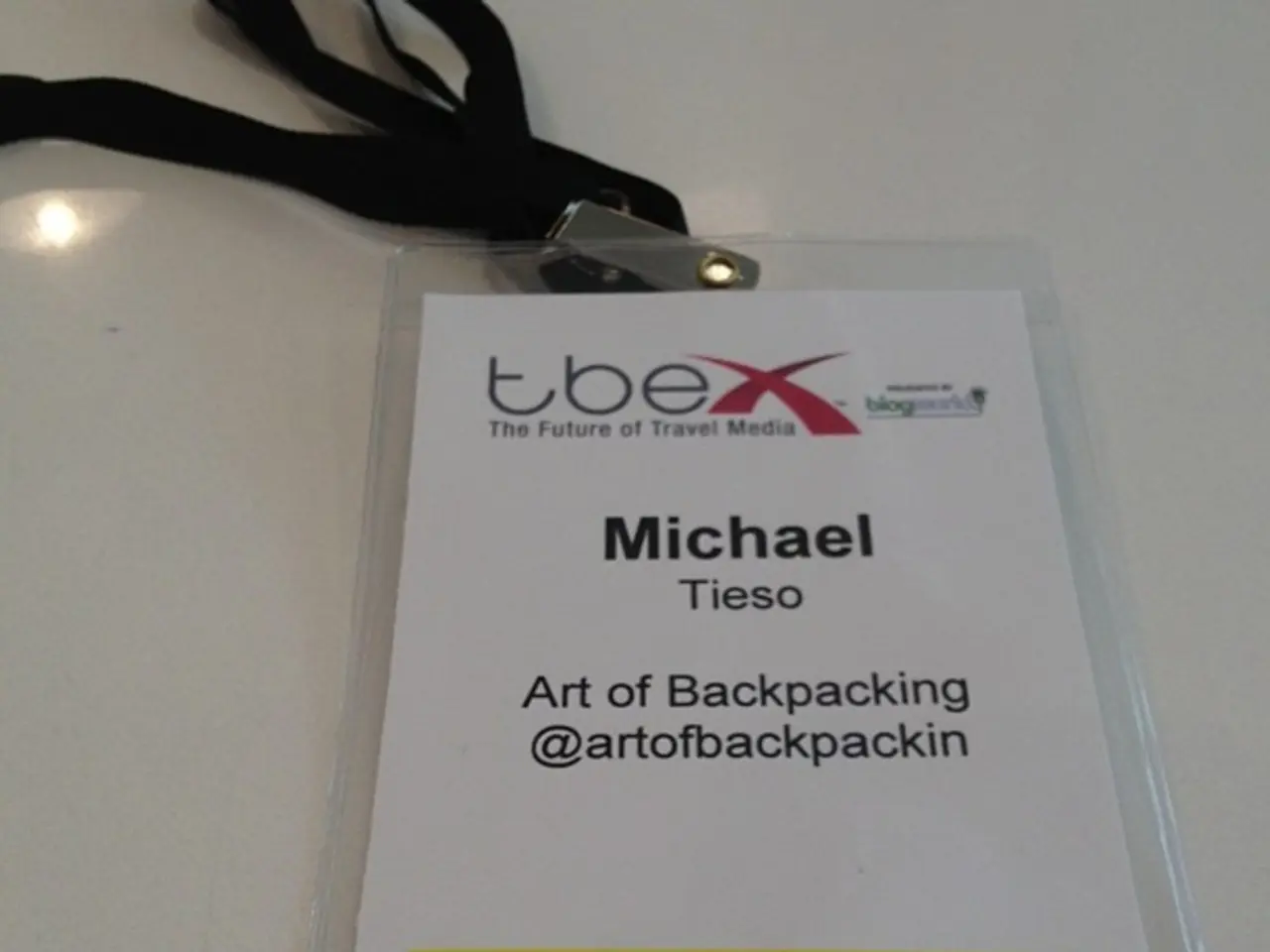Career Assistance Catered to Personal Identities
In today's job market, the recruitment of women and minorities is on the rise, yet students from diverse backgrounds often face unique challenges in their job search. To overcome these hurdles, it's essential for graduates to build resilience, continuously reassess their strategies, and actively seek information about employers' true commitment to diversity, equity, and inclusion (DEI).
Building Resilience and Reassessing the Process
Graduates should expect setbacks and treat rejection as a step toward eventual success, adjusting their job search strategies accordingly. Persistence is key, but it's equally important to reassess and adapt strategies when needed.
Researching Employer DEI Commitment
Investigating an employer's concrete DEI practices is crucial. While many employers claim to be Equal Opportunity Employers (EOEs), it's essential to look beyond public statements to evaluate workplace culture, policies, and practices related to inclusivity and equity.
Evaluating Workplace Culture
Understanding if an organization fosters an inclusive environment where diverse perspectives are valued is crucial. This affects belonging and career progression, and is a vital factor to consider when assessing potential employers.
Using Technology and Blind Hiring Practices
Advocating for or choosing employers who apply bias-reducing technologies in recruitment can help mitigate discrimination. Such technologies can help ensure that hiring decisions are based on merit alone.
Networking and Mentorship
Actively seeking mentors and building networks within and outside their communities can provide guidance and open doors often inaccessible due to systemic biases.
Being Aware of Discrimination Realities
Recognizing that discrimination can persist despite strong credentials helps set realistic expectations and motivates seeking employers with proven inclusivity practices.
Assessing Employer's DEI Commitment
Job seekers can check reviews and testimonials from current and former employees to assess an employer's commitment to DEI. They can also research an employer's diversity policy on their official website. Employers with diverse workforces often have a better understanding of global markets.
Considering an Employer's Track Record
Job seekers can consider an employer's track record of promoting and retaining employees from diverse backgrounds. They can look for employee resource groups or diversity councils within potential employers as indicators of commitment.
Asking About DEI During Job Interviews
Job seekers can ask about diversity, equity, and inclusion during job interviews to gauge an employer's commitment. This can provide valuable insights into the employer's culture and practices.
Career Exploration and Development (CED) Offers Support
Career Exploration and Development (CED) offers support to students and alumni of all backgrounds in their career pursuits. They provide online resources to aid in career exploration and development, including help with getting started, internships, graduate school, interviews, resumes, and job seeking.
The Advantages of Diversity in the Workplace
Companies in the U.S. acknowledge significant advantages of diversity in the workplace, such as increased creativity, productivity, new attitudes, processes, and solutions, language skills, and global understanding. Employers with diverse workforces often have more innovative and creative solutions.
Making Informed Decisions
Assessing an employer's diversity, equity, and inclusion commitment can help job seekers make informed decisions. By following these strategies and resources, diverse job seekers can navigate the job market and find opportunities that foster growth and inclusivity.
Support from Career Exploration and Development (CED) can aid students and alumni of various backgrounds in their education-and-self-development and career-development initiatives. They offer resources to help navigate the job search process, including internships, interviews, resume building, and job seeking. Graduates seeking employment should not only persist and reassess their strategies but also actively research an employer's commitment to diversity, equity, and inclusion (DEI) to make informed decisions and find environments that foster both personal and professional growth.




